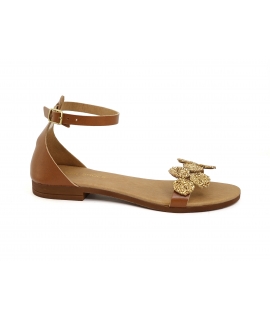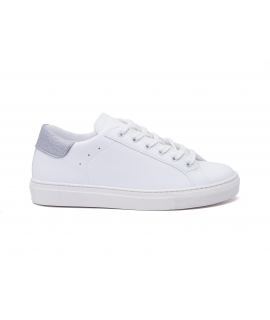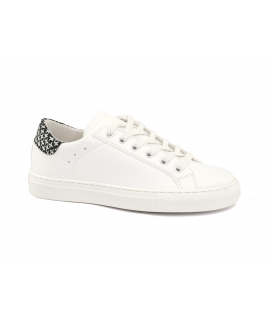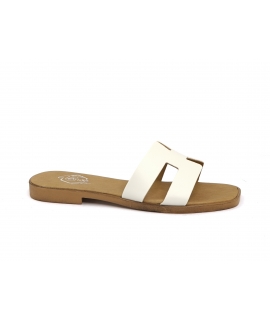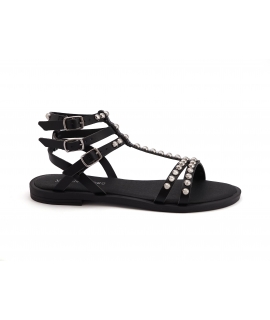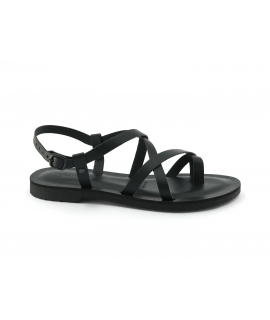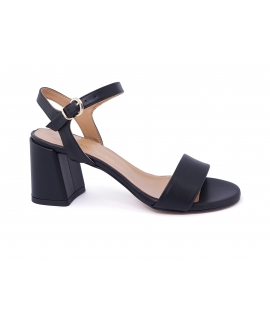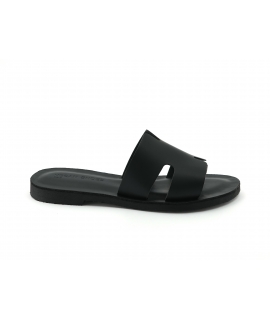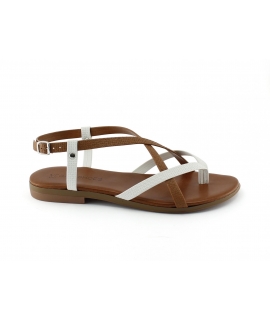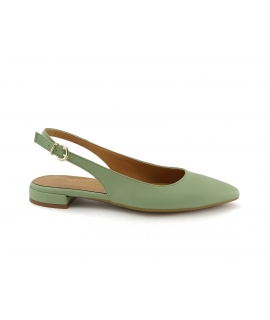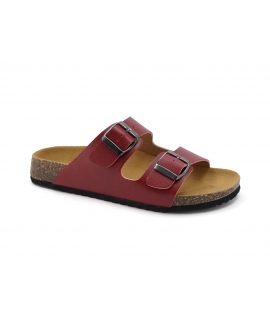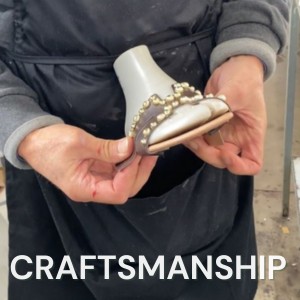BIO-POLIOLS

A VEGAN MATERIAL FROM CORN
In the landscape of numerous available alternatives, we wish to introduce you to the extraordinary vegan leather made from corn. This exceptional material originates from the cultivation of corn destined for non-food uses.
Once it reaches maturity, each individual kernel undergoes a meticulous transformation process to extract the valuable bio-polyols, plant-based activator elements that are essential for the production of bio-polyurethane.
This biomaterial, renowned for its exceptional performance and durability, emerges as an ideal solution to replace animal-derived leather. The bio-polyols play a crucial role in the production process, taking the place of commonly used chemicals. In particular, they find application in the processing of microfibers and the creation of polymeric materials in the footwear industry. Thanks to this innovative alternative, we are able to pursue sustainability and environmental responsibility goals without compromising the performance and quality of the final products.
The Bio materials obtained, according to laboratory tests, exhibit superior chemical and physical characteristics compared to traditional chemically-based materials, reducing synthetic components and making the manufactured footwear more sustainable.
 |
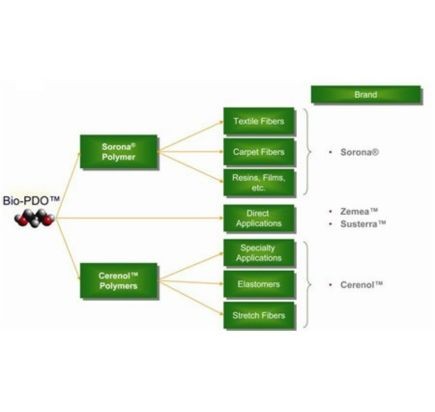 |
The Microfibers with Bio-Polyols, furthermore, are manufactured in Italy according to the highest European standards; the producing companies use an emissions compensation system during the production process, guaranteeing a production process with a zero CO2 balance.
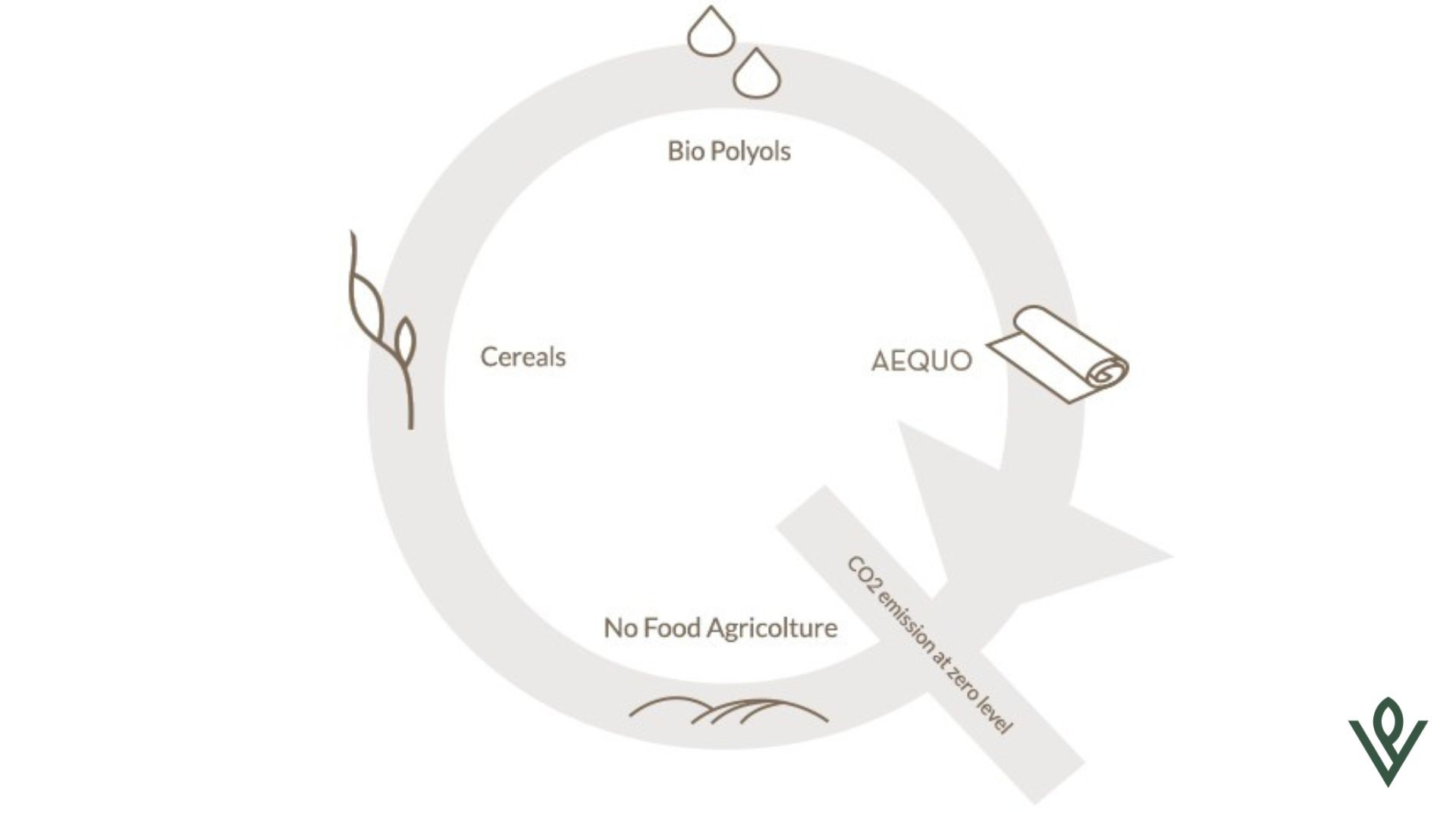
ADVANTAGES OF USING BIO-POLYOLS
-
Sustainability:
Bio-polyols are derived from renewable sources, such as vegetable oils or biomass residues, reducing dependence on fossil fuels. They also contribute to reducing greenhouse gas emissions during production, as they require less energy compared to traditional polyols.
-
Animal Protection:
Bio-polyols do not involve the use of animal-derived ingredients, thus avoiding the involvement of animals in the materials industry.
-
Reduced Environmental Impact:
The production of bio-polyols can result in lower emissions of air and water pollutants compared to conventional polyols. They can be biodegradable, helping to address the issue of persistent plastic waste.
-
Versatile Materials:
Bio-polyols can be used in various applications, such as foams, coatings, and adhesives, just like traditional polyols, ensuring the versatility of vegan materials.
-
Reduced Dependence on Petroleum:
By using plant-based or biomass sources, the bio-polyols industry can contribute to reducing reliance on finite petroleum resources.
Why Vegan Shoes ?


